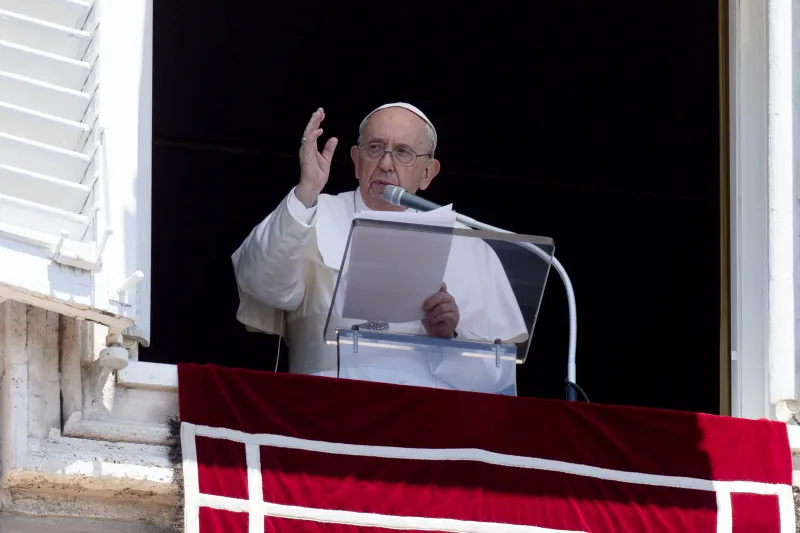
Denver Newsroom, Jun 26, 2022 / 08:36 am (CNA).
Following his Angelus address on Sunday, Pope Francis remarked on the killing of Sister Luisa Dell’Orto, an Italian missionary who served in Haiti.
Sister Luisa, a Little Sister of the Gospel of Saint Charles de Foucauld, was killed the day before in the Haitian capital, Port-au-Prince.
“For twenty years, Sister Luisa lived there, dedicated above all to serving children on the streets,” the pope said June 26 in St. Peter’s Square.
“I entrust her soul to God, and I pray for the Haitian people, especially for the least, so they might have a more serene future, without misery and without violence. Sister Luisa made a gift of her life to others even to martyrdom.”
He added an expression of closeness to Sister Luisa’s family and to the Little Sisters of the Gospel of Saint Charles de Foucauld.
Sister Luisa, who was 64, was born in Lucca, in Italy’s Lombardy region.
She was apparently the victim of an attempted robbery. She died in hospital.
Born in 1957, she had joined the religious congregation in 1984. Before going to Haiti, she had served in Cameroon and Madagascar.
Port-au-Prince has seen a wave of kidnappings and the rise of criminal gangs in recent years.
Last year, the Archdiocese of Port-au-Prince warned that gang violence had reached “unprecedented” levels. In September 2021 70-year-old Father André Sylvestre was shot to death by several gunmen on motorcycles outside of a bank. The gunmen did not take the money he carried.
Haiti has also been affected by other crises, including natural disasters and a lack of health care infrastructure.
If you value the news and views Catholic World Report provides, please consider donating to support our efforts. Your contribution will help us continue to make CWR available to all readers worldwide for free, without a subscription. Thank you for your generosity!
Click here for more information on donating to CWR. Click here to sign up for our newsletter.




Leave a Reply